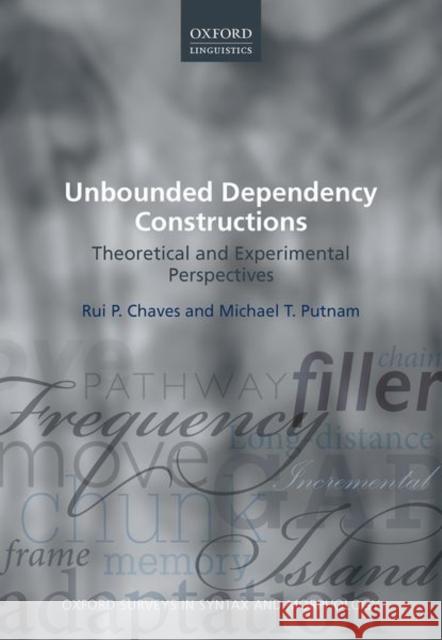Unbounded Dependency Constructions: Theoretical and Experimental Perspectives » książka
topmenu
Unbounded Dependency Constructions: Theoretical and Experimental Perspectives
ISBN-13: 9780198784999 / Angielski / Twarda / 2021 / 336 str.
Unbounded Dependency Constructions: Theoretical and Experimental Perspectives
ISBN-13: 9780198784999 / Angielski / Twarda / 2021 / 336 str.
cena 505,09
(netto: 481,04 VAT: 5%)
Najniższa cena z 30 dni: 464,44
(netto: 481,04 VAT: 5%)
Najniższa cena z 30 dni: 464,44
Termin realizacji zamówienia:
ok. 16-18 dni roboczych.
ok. 16-18 dni roboczych.
Darmowa dostawa!
Kategorie:
Kategorie BISAC:
Wydawca:
Oxford University Press
Seria wydawnicza:
Język:
Angielski
ISBN-13:
9780198784999
Rok wydania:
2021
Ilość stron:
336
Waga:
0.81 kg
Wymiary:
24.38 x 16.76 x 2.54
Oprawa:
Twarda
Wolumenów:
01
Dodatkowe informacje:
Bibliografia
Wydanie ilustrowane
Wydanie ilustrowane











